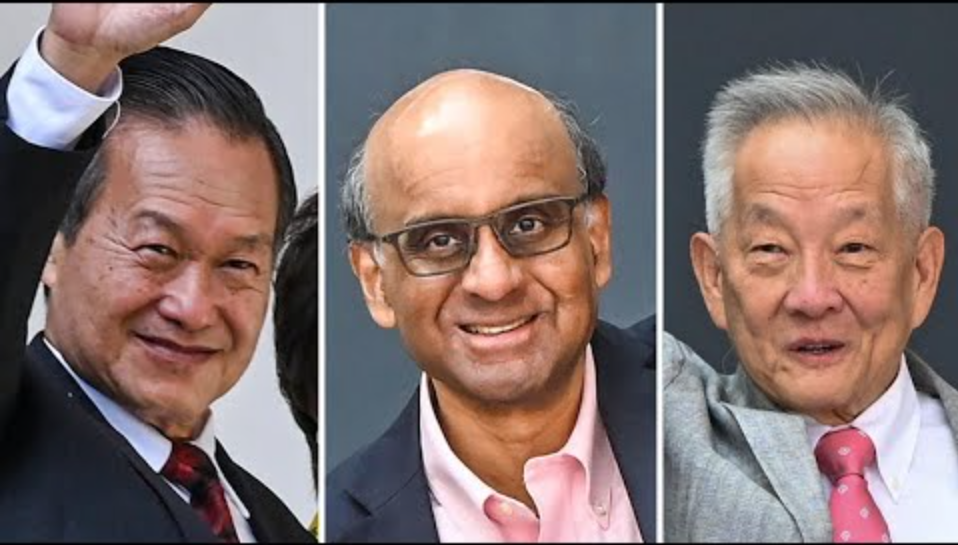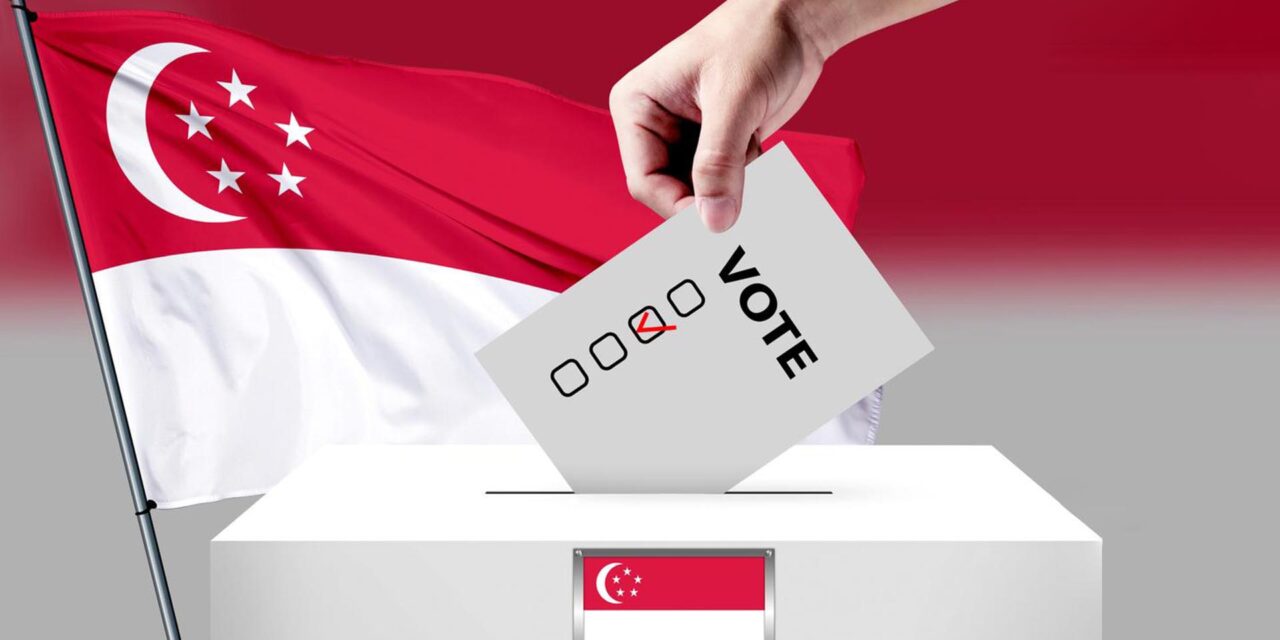Scams, disinformation and data breaches are just some of the downside of the upcoming digitalized presidential elections in Singapore.
As Singaporeans prepare to go to the polls on 1 September 2023 to elect a new president, they have also witnessed the sizeable role that social media, influencers and podcasts have played in the campaigns run by the three presidential candidates.
Even before the hustings officially began, the three candidates – a former deputy prime minister, a former insurance company CEO, and a former chief investment officer of Singapore’s sovereign fund – have leveraged a variety of social media to share their campaign messages, and to get close and personal with voters.

Meanwhile, the Singpass app will be accepted at polling stations in the upcoming presidential elections for the first time, in a move towards digitalizing the electoral system.
Since 2021, the digital ID available on Singpass has also been approved as a fundamental means to authorizing access to services such as public healthcare data, facilitating transactions, and opening bank accounts.
Voters can still opt to use their physical ID card when casting their vote on 1 September 2023.
Jonathan Tan, Managing Director, Asia, Trellix, commented:“In the lead-up to Singapore’s upcoming Presidential Elections, the acceptance of digital IDs at polling stations marks a significant milestone for the country’s roadmap towards becoming a smart nation.”
However, he warned that it would also open the door to potential cyberthreats, particularly phishing attacks which leverage personal data.
To mitigate these risks, practising good cyber hygiene becomes paramount for voters. “Voters must remain cautious of urgent requests from unofficial channels, such as password changes for their Singpass login, as cybercriminals are quick to exploit this to gain access to personal data and to deceive voters,” Tan said.
Scepticism towards suspicious file download and web links is also advised. He added: “Malicious actors can deploy tactics such as phishing emails to disguise themselves as a legitimate party or set up fake social media accounts to disseminate misinformation.”
Two critical questions that Singaporean voters should ask themselves about the social media accounts purporting to represent the candidates’ online presence:
- Does the account create genuine content or merely reshare content from other accounts?
- Does the individual it claims to represent validate the social account as legitimate
“The consequences of falling for these scams are not only apparent on an individual level but can also jeopardize the integrity of the democratic process,” Tan emphasized. “Awareness of the types of scams and reinforcing good cybersecurity habits stand as a bulwark against data breaches and disinformation, fortifying the foundation of a secure and trustworthy process.”





















